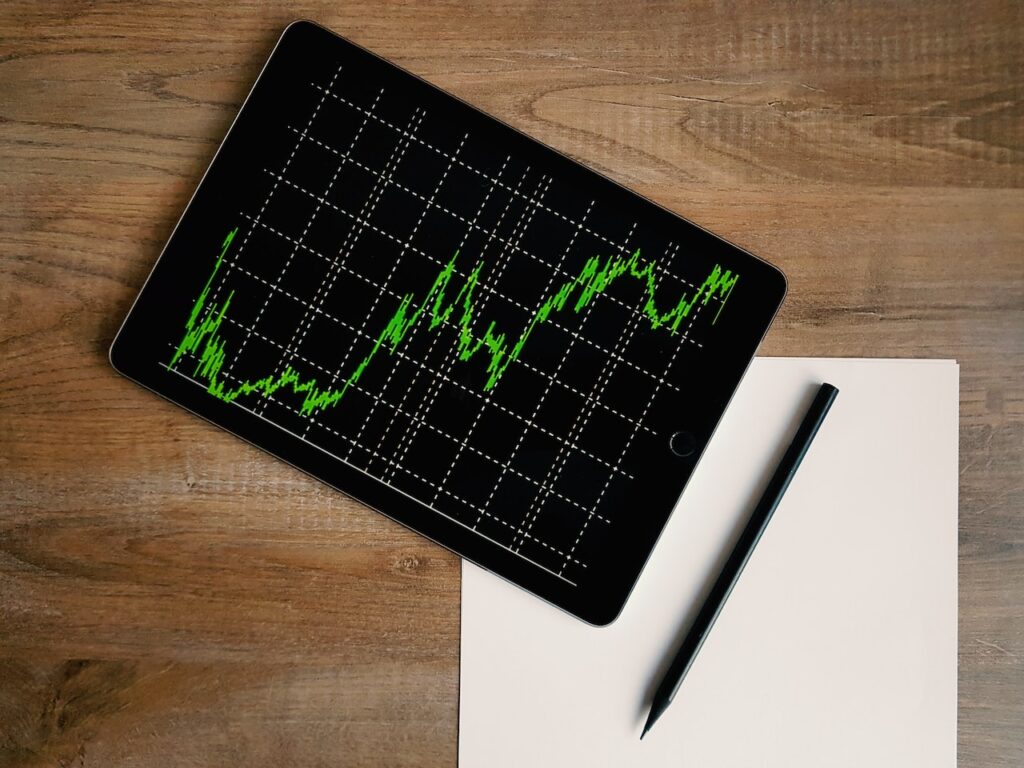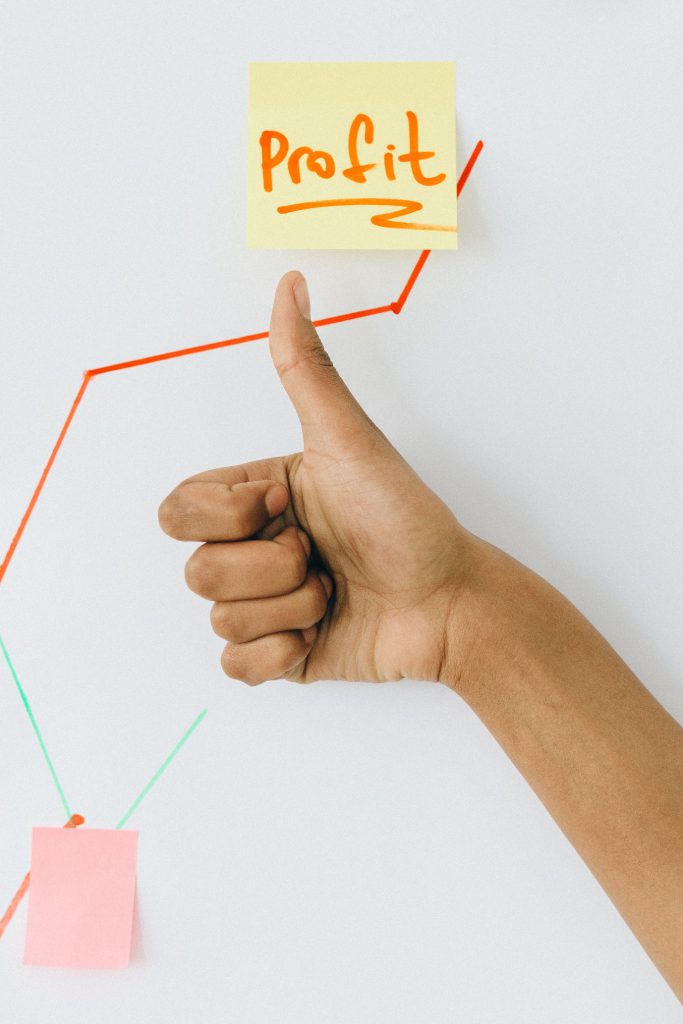When you are starting a new forex trading venture, you are likely to have several questions. These questions may include choosing a forex broker and preparing for the business. However, there are also many aspects of forex trading that you should be aware of, including a strategy and the size of your capital.
Beginner’s guide to forex trading
Getting started in forex trading is relatively simple, provided you understand the basics. The first thing you need to do is find a broker. You should choose one that offers low commissions and favorable trading conditions. Different regions have different brokers, so it’s important to choose one that’s right for you. For example, IG is a great choice for traders in the U.S., while FxPro is best for those in the UK.
To trade in the forex market, you must understand the rules of the market and its risks. The basic principles of forex trading are similar to those of stock trading. You’ll spend current currency to buy foreign currency. Unlike stocks, though, the process is more complicated. The foreign exchange market is a global market that pairs national currencies. These currencies are known as quotes and are paired by their respective governing financial institutions.
Preparation for forex trading
The best preparation for Forex trading begins with the right mindset and the right trading techniques. This preparation should include lessons on position sizing and money management. These steps will help you avoid losing your capital. You need to learn to trade the way the market moves and avoid being greedy. Once you have these skills, you can begin to trade with confidence.
One of the most important steps is to create a trading plan. This will help you analyse the forex market better and avoid rookie mistakes. Moreover, it will help you evaluate your wins and losses to avoid making the wrong trades.
Choosing a forex broker
One of the first steps in starting Forex trading is choosing a forex broker. Choosing a Forex broker is crucial, as it will determine whether you make money or lose it. You will need to trust this company with your capital, and you should choose one that has a good reputation for customer service and trading practices. It is also important to look for a broker that is regulated in your country.
The forex market is a fast-paced environment, and you will want a forex broker that executes orders quickly. A delay in the execution of an order can cost you a significant amount.
Trading strategy
The first step in learning how to trade the forex market is to develop a trading strategy. A good trading strategy involves limiting the amount of risk you are willing to take. This means never trading with more money than you can afford to lose. While this may sound like an obvious advice, it is important to take your own financial situation and attitude into consideration when developing a trading strategy. Trading conservatively can help alleviate the stress and pressure of making a trade. A good rule of thumb is to risk 1% or 2% of your capital per trade.
Once you’ve developed your trading strategy, you’re ready to take your first position. Depending on your trading style, you may want to take both long and short positions. For instance, you may decide to buy an asset if you think it’s going up in value and sell it if you think it’s going down.
Spreads
As you begin to learn about forex trading, it is important to be aware of the different types of spreads available. Low spreads mean lower costs for you to trade, while high spreads mean higher costs for you to trade. You should also be aware of the currency pairs offered, which will affect the cost of trading. For example, the Japanese Yen is most profitable to trade during the Tokyo session.
In forex trading, spreads are important because they can change dramatically and eat into your profits. Spreads can also cause requotes, which means you could lose money. Understanding them will help you avoid these problems and get more out of your trading.
Social psychology in forex trading
When it comes to forex trading, social psychology plays a huge role. Many mistakes that traders make can be traced back to this area. Fear, greed, and other common human traits are all likely to play a part. Fear often creates the fight or flight response, which can prove detrimental to a trader’s success.
Traders often attempt to make up for their losses by jumping back into the market. While this is a natural reaction, it is a bad one because it can actually lead to bigger losses. Overconfidence is another psychological trait that can be linked to revenge. It is a type of mentality that stems from pride, and reflects behavior in which traders refuse to admit their mistakes. As a result, they do not learn from their mistakes.







Facebook Comments